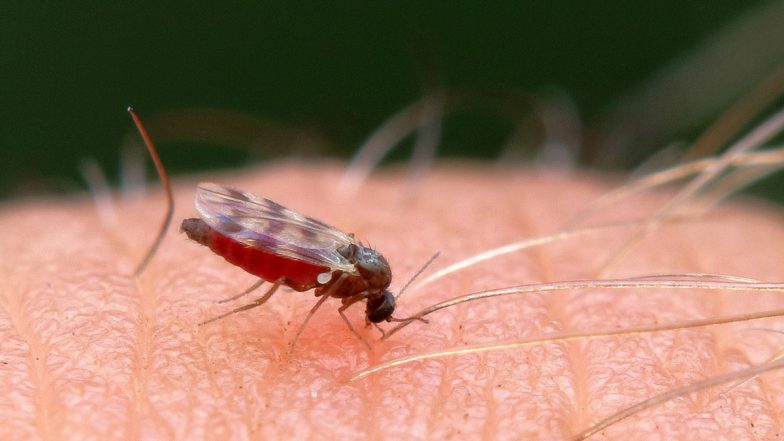Oropouche virus disease has become an emerging tropical illness owing to its potential to cause widespread outbreaks in affected regions. Recently, the U.S. Centers for Disease Control and Prevention (CDC) have reported that more than 20 people who have returned to the US from Cuba have been affected by a virus transmitted by bugs. They all had what is known as Oropouche virus disease, also called sloth fever. Besides, the virus has also surfaced in parts of Europe. The virus is primarily transmitted through the bite of infected midges or mosquitoes. The virus is responsible for causing symptoms that can significantly affect the health of those infected. We at LatestLY have curated all the details of the Oropouche virus, from symptoms to treatment, in this article.
What Is Oropouche Virus Disease?
Oropouche virus disease, also known as Oropouche fever or sloth fever, is typically prevalent in Central and South America, especially in countries around the Amazon. The disease was first identified in 1955 in Trinidad when a 24-year-old forest worker got infected. It is sometimes called sloth fever because, initially, the scientists investigating the virus found it in a three-toed sloth and believed that sloths were important in their spread and spread between insects and animals. The virus is primarily transmitted through the bite of infected midgets, although mosquitoes and direct contact with infected fluids can also spread the virus.
Oropouche Virus Disease Symptoms
Sudden occurrences of symptoms is noticed, which can appear four to eight days after being bitten by the infected insect. Here are some of the most common symptoms.
- Fever
- Headache
- Muscle and Joint Pain
- Nausea and Vomiting
- Skin Rash
In most cases, symptoms are mild, and patients generally recover within a week. However, if the symptoms persist, it can lead to an acute phase of illness. In rare conditions, complications such as meningitis or encephalitis can occur, requiring immediate medical attention.
Oropouche Virus Disease Treatment
No specific antiviral treatment or vaccine is available for Oropouche virus disease. Treatment focuses on relieving symptoms such as fever and pain. Patients are advised to rest, stay hydrated, and use over-the-counter medications.
Oropouche virus disease has emerged as a growing concern recently due to its ability to cause significant outbreaks. Understanding the symptoms, transmission methods, and treatment is essential in reducing the risk of infection and managing the disease effectively. With an overview of the Oropouche virus disease, we advise you to stay safe.
(The above story first appeared on LatestLY on Aug 28, 2024 05:19 PM IST. For more news and updates on politics, world, sports, entertainment and lifestyle, log on to our website latestly.com).







